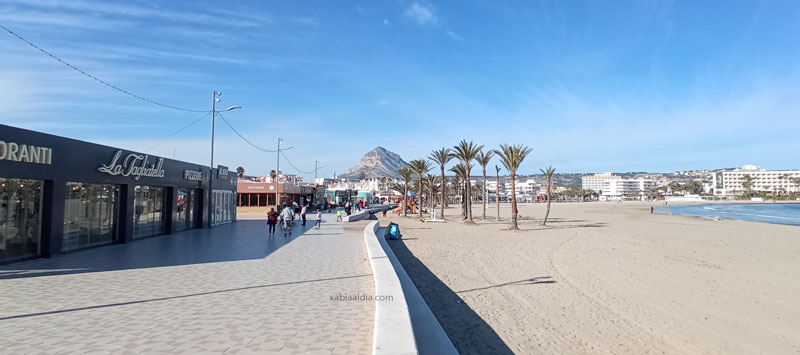Spain’s regions and the Ministry of Health agree on the measures to be followed at Easter
Inter-regional movement will not be permitted and traditional celebrations will not be authorised to avoid gatherings of people.

Friday 5th March 2021 | ALVARO MONFORT
The Public Health Commission, represented by all the autonomous communities of Spain as well as the Ministry of Health, has detailed the proposals for restrictions to be in place during the Easter holiday period. Next Wednesday, the Interterritorial Council of the National Health System will ratify its decisions.
The agreed measures seek, above all, to limit the movement of citizens and avoid contacts. In this sense, it has been agreed that all unnecessary trips should be avoided. To achieve this, the commission has agreed to maintain the perimeter closures of the communities, except for those force majeure exceptions indicated in the declaration of the current state of alarm.
The regions have also committed not to celebrate events of any kind that may cause crowds or concentrations of people. Special emphasis has been placed on the control of capacity in permitted activities carried out in closed spaces, following the measures that each community has implemented.
But it is not only closed spaces that should regulate their capacity. Gatherings in public or private spaces are subject to a maximum of 4 people regardless of whether the meeting takes place indoors or outdoors. The agreement includes as a recommendation expressly advising against holding social gatherings at homes or in other closed spaces with non-partners. In turn, the curfew is maintained from 10.00pm to 6.00am, applicable to all territories.
In addition, the communities have been urged not to lower the alert level (that is, to relax the restrictions) during the two weeks before the start of Semana Santa, although the indicators are favorable. It has also been considered pertinent to launch a campaign to encourage citizens not to lower their guard with the slogan “We do not save weeks, we save lives.”
Measures in nursing homes
The document approved by the Public Health Commission places special emphasis on the fact that, although the risk of suffering from the disease is “significantly lower” after vaccination, the risk does not disappear completely since the vaccine does not guarantee total protection of vaccinated people. On the other hand, it is not recommended to carry out periodic serological screenings among inmates in order to verify the effectiveness of the administered vaccine.
Therefore, residents, workers and family members are urged to continue complying with hygiene and prevention measures such as the use of a mask at all times, hand washing, distances between people and maintain adequate ventilation. If these guidelines are met, “group activities and the use of common areas will be allowed.”
Regarding visits, exits and entries “the regime of visits and exits will be made more flexible after an individualized assessment of each resident”. The communities have agreed not to carry out PCR on the exit and re-entry of vaccinated residents. Only if the person is not vaccinated or in the situations that are determined, will the test be carried out depending on the type of exit and the epidemiological state in which the residence is located. Of course, upon re-entry the person should be monitored for rapid detection and action in case of suspicious symptoms.
In relation to staff, it is recommended that new personnel do not join their work until they have completed their vaccination schedule. Similarly, periodic screening among already vaccinated workers is not recommended, although each community, depending on the epidemiological situation, may consider carrying it out. PCR tests are recommended after vacation periods or other prolonged absences, especially if they have not completed their vaccination.
Before the appearance of a suspicious case in a vaccinated resident or worker, they will be isolated until the result of a diagnostic test is obtained. If the result is positive, the person will be isolated and their close contacts will be quarantined.
Click below to read the original article in Spanish on Xàbia AL DÍA




